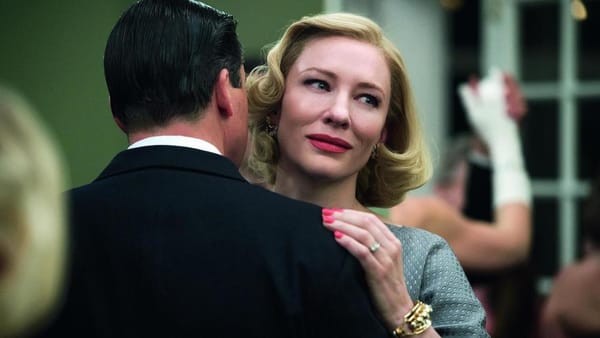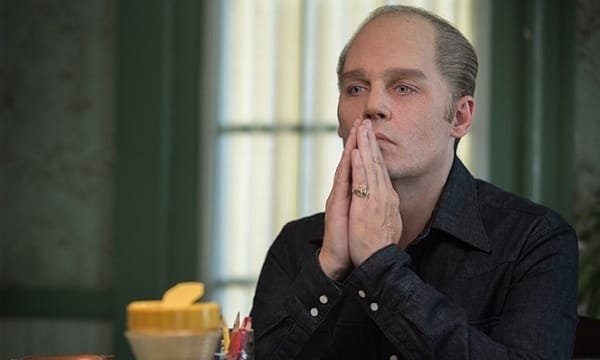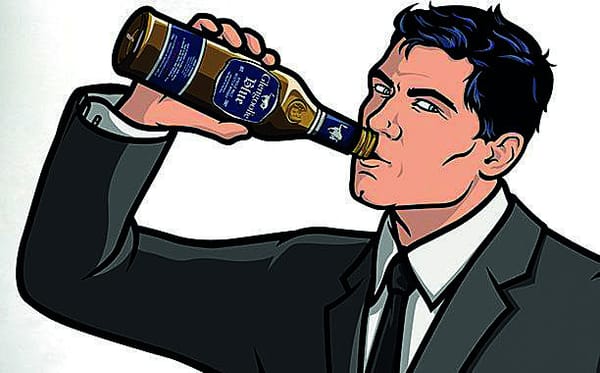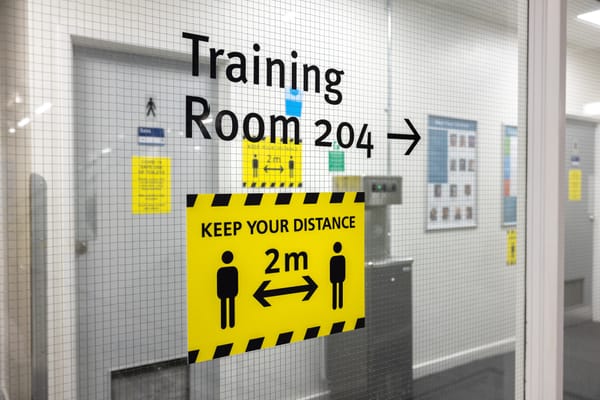LFF – A marriage of reason and nightmare
Ben Wheatley aims high in his take on a towering icon of modern British fiction
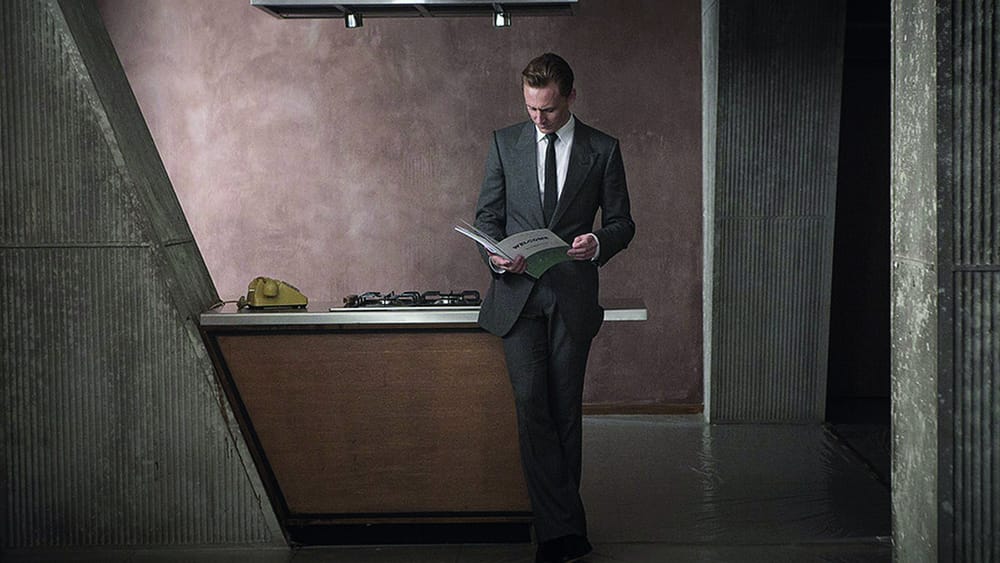
High-Rise is the kind of film throughout the majority of which you don’t know whether to laugh or cry. Most dystopian films can be tough to stomach at the best of times – surely half the point of cinema is to escape into a world that’s not quite as screwed up as this one is? – but there are those that add enough humour to make it all go down a bit more sweetly. While some of these films, like Terry Gilliam’s 1985 masterpiece Brazil, go down a slightly more light-hearted (but still ultimately soul-crushing) slapstick route, High-Rise achieves this through a much more Clockwork Orange-based approach: acts of gasp-inducing depravity and violence are played out in such a ridiculous manner that they pile up, eventually intertwining into a web of grisly hilarity.
The high-rise in question is a brand new block of luxury flats, complete with supermarket, recreational grounds, and an apparently close-knit community into which Dr Robert Laing – played by the master of finding new ways to be simultaneously slippery and charming, Tom Hiddleston – has just moved. The time and place is said to be London, 1975, but an eerie sheen to the glaring pastel-bathed imagery makes the film feel like it’s set in some curiously robotic parallel world (although I’m not all that well versed in history – maybe everything just looked like that in the seventies). All seems well at first: isolated from the trials and tribulations of everyday society, the residents have built their own thriving network of livelihoods, and Laing settles into a pleasant routine, managing to make some friends across the floors – even the architect, Royal (an excellently steely Jeremy Irons), seems to have taken a liking to him. But it soon becomes clear that all floors are not created equal: water stops running, lights go out, and those up above soon have to face the wrath of those down below.
The clash that ensues bears, on paper at least, many of the hallmarks of the class-system satire that you’d expect to follow such a setup – but where High-Rise’s interest as a film comes is the way in which the clash plays out. Violence quickly erupts, naturally, at a party held by the lower floors when an intrusion is made by a henchman of the uppers, but immediately after this the moral conduct of both parties decays exponentially; a short montage of increasingly disgruntled neighbours suddenly debilitates into people screaming and running past fires in a corridor halfway through the film, and we’re suddenly in a documentary about tribal warfare – one curiously under-stocked with actual wilderness and over-stocked with jewellery, suits, and ties.
The descent is a fast and jarring one; I wonder perhaps too fast, but then again that may have been director Ben Wheatley’s intended effect – I imagine societal spirals into madness have a way of sneaking up on you, as many things seem to in this busy world. One of the strongest and funniest aspects of the film is that it manages to maintain its sense of ‘Britishness’ come rain or shine, even at its most jaw-dropping. A frontrunner for the movie’s best scene depicts Laing in an extended, brutal wrestling match with a fellow supermarket patron over the last tin of royal blue on the shelf, which ends with him hurriedly rising, dusting himself off, and in an exasperated, apologetic tone explaining to his victim: “It’s my paint”.
I find it very easy a lot of the time to take the piss out of Tom Hiddleston for the overly-captivating villainous/anti-heroic Brit niche he’s carved for himself in the film industry, but to his massive credit, I have never seen him fail to rise to the occasion with a good performance. High-Rise is certainly no exception – he has a magnetism to him that sucks you in right from the off, and as the chaos unfolds around him, the nuance he brings to the character of Dr. Laing makes you wonder if he’s the victim of his circumstance or if he was in fact as mad as the other residents all along, just waiting for the opportunity to spread his wings. He meets his match in the form of Luke Evans – one of the most underrated screen presences working in mainstream cinema today – as Richard Wilder, the hot-headed filmmaker turned revolutionary who spearheads the rioting of the lower floors. Sienna Miller also turns in a strong performance as the sultry, apparently all-knowing Charlotte Melville.
The film may not quite meet the high standard set by its source material (the J.G. Ballard novel of the same name), but High-Rise offers a riotously anarchic, kaleidoscopic look at the depths of depravity human society can sink into if unchecked. Wheatley doesn’t set himself an easy task, attempting to replicate a novel with one of literature’s greatest lesser-known opening lines: the film can’t quite beat that double-take feeling when you first read, “Later, as he sat on his balcony eating the dog…”


